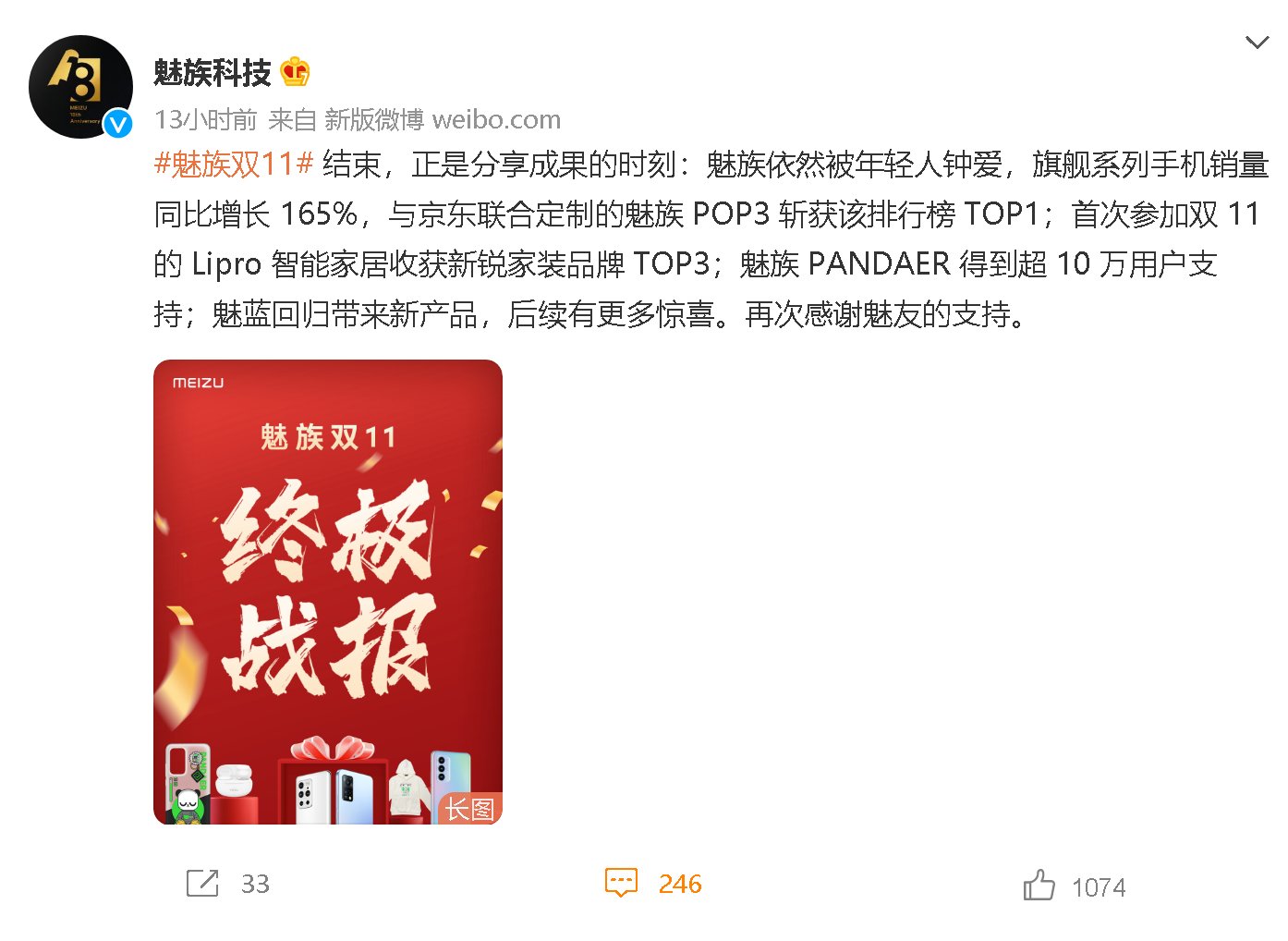古人学问无遗力,少壮工夫老始成。这篇文章主要讲述Android自己定义View基础篇之SwitchButton开关相关的知识,希望能为你提供帮助。
自己定义View基础篇(二)
自己定义View基础篇(一)
自己定义View原理
我在解说之前,先来看看效果图,有图有真相:(转换gif图片效果太差)

文章图片
那来看看真实图片:

文章图片

文章图片
假设你要更改样式,请改动例如以下图片:

文章图片
switch_ball

文章图片
switch_bg

文章图片
switch_black

文章图片
switch_bottom
我在这里就不反复解说View与ViewGroup的关系,View的绘制流程。假设你对自己定义View还不甚了解。请看上面几篇文章。
用法xml文件:
<
com.github.ws.switchbuttonview.widget.SwitchButtonView
xmlns:widget="http://schemas.android.com/apk/res-auto"
android:id="@+id/bt"
android:layout_width="wrap_content"
android:layout_height="wrap_content"
widget:checked="false" />
widget:checked属性表示默认是关。当然你也能够设置成true。
Activity文件:
mSwitch= (SwitchButtonView) findViewById(R.id.sbv);
mSwitch.setOnSwitchListener(new SwitchButtonView.onSwitchListener() {
@Override
public void onSwitchChanged(boolean isCheck) {
}
});
绘制流程自己定义属性
res/values/attrs.xml文件:
<
?xml version="1.0" encoding="utf-8"?>
<
resources>
<
declare-styleable name="SwitchButtonView">
<
attr name="checked" format="boolean">
<
/attr>
<
/declare-styleable>
<
/resources>
SwitchButtonView文件:
public SwitchButtonView(Context context, AttributeSet attrs) {
super(context, attrs);
TypedArray ta = context.obtainStyledAttributes(attrs, R.styleable.SwitchButtonView);
isChecked = ta.getBoolean(R.styleable.SwitchButtonView_checked, false);
ta.recycle();
init(context);
}onMeasure()方法
@Override
protected void onMeasure(int widthMeasureSpec, int heightMeasureSpec) {
super.onMeasure(widthMeasureSpec, heightMeasureSpec);
setMeasuredDimension(switchWidth, switchHeight);
}switchWidth = bitmapBackGround.getWidth();
bitmapBackGround = BitmapFactory.decodeResource(getResources(), R.mipmap.switch_bg);
在文章后面我会贴出源代码,以及源代码地址供大家參考。了解了原理你想设计成什么样的开关都不是问题。
这个控件并不须要控制其摆放位置,不须要重写onLayout()方法。
onDraw()方法确定其形状
手指点击控件。依据触摸的状态来改变Switch的状态,须要重写onTouchEvent()方法,而且返回true。有的同学就会问了,问什么返回true呢?返回false不行吗?请看Android Touch事件传递
手指按下MotionEvent.ACTION_DOWN,获取手指的X坐标(event.getX())。由于Y坐标是不变的。全部我们不须要考虑。
这里要解说下event.getX()。和event.getRawX()。event.getX()是相对于父控件而言。event.getRawX()相对于屏幕而言。切记他们的值普通情况下是不一样的。当X坐标小于等于0时。小球的X坐标等于0;假设X坐标大于等于(父控件宽度减去小球宽度),那么小球的X坐标等于父控件宽度减去小球宽度。
ballX = touchX = mTouchX;
if (touchX <
= 0) {
ballX = 0;
}
if (touchX >
= switchWidth - bitmapBall.getWidth()) {
ballX = switchWidth - bitmapBall.getWidth();
}手指移动MotionEvent.ACTION_MOVE跟手指按下的情况是一样的。
手指抬起MotionEvent.ACTION_UP的2种情况,手指抬起时X坐标小于父控件的二分之中的一个,Switch处于关闭状态;X坐标大于父控件的二分之中的一个,Switch处于开启状态:
if (touchX >
= switchWidth / 2f) {
isChecked = true;
ballX = switchWidth - bitmapBall.getWidth();
} else {
isChecked = false;
ballX = 0;
}已经获取到手指的一个状态,那么依据手指的状态去绘制小球的位置。
TOUCH_STATE_DOWN。TOUCH_STATE_MOVE是一样的,小球的位置有三种情况。
if (touchX >
0 &
&
touchX <
switchWidth - bitmapBall.getWidth()) {//小球可运动区域
canvas.drawBitmap(bitmapBall, touchX, 0, mPaint);
} else if (touchX <
= 0) {//触摸到父控件之外的左边
canvas.drawBitmap(bitmapBall, 0, 0, mPaint);
} else if (touchX >
= switchWidth - bitmapBall.getWidth()) {//触摸到父控件减去小球宽度的右边
canvas.drawBitmap(bitmapBall, switchWidth - bitmapBall.getWidth(), 0, mPaint);
}TOUCH_STATE_UP,LEFT_MOST(关闭)状态下有四种情况,他们各自是:
if (touchX >
0 &
&
touchX <
switchWidth / 2) {
canvas.drawBitmap(bitmapBall, 0, 0, mPaint);
} else if (touchX >
= switchWidth / 2 &
&
touchX <
= switchWidth) {
canvas.drawBitmap(bitmapBall, switchWidth - bitmapBall.getWidth(), 0, mPaint);
} else if (touchX <
= 0) {
canvas.drawBitmap(bitmapBall, 0, 0, mPaint);
} else if (touchX >
= switchWidth - bitmapBall.getWidth()) {
canvas.drawBitmap(bitmapBall, switchWidth - bitmapBall.getWidth(), 0, mPaint);
}处了父控件之外的左边和右边之外,还多出了父控件二分之中的一个的左边和右边。
RIGHT_MOST(开启)状态下小球的位置:
canvas.drawBitmap(bitmapBall, switchWidth - bitmapBall.getWidth(), 0, mPaint);
接下来在绘制过程中会遇到图层的问题。还记得開始那张黑黑的图片吗。
有关图层请点击这里
绘制新的图层:
canvas.saveLayer(0, 0, switchWidth, switchHeight, null, saveFlags);
然后我们把黑黑的图片绘制到新的图层上面,而且取新旧图层重叠的旧的图层部分。
canvas.drawBitmap(bitmapBlack, 0, 0, mPaint);
mPaint.setXfermode(pdf);
继续绘制底部的那张图片(switch_bottom),依据开,关状态绘制。
if (isChecked) {
canvas.drawBitmap(bitmapBottom, 0 - (switchWidth - bitmapBall.getWidth() - ballX), 0, mPaint);
} else {
canvas.drawBitmap(bitmapBottom, -(bitmapBottom.getWidth() / 2 - bitmapBall.getWidth() / 2) + ballX, 0, mPaint);
}最后调用
canvas.restore();
完毕图层的绘制。到这里onDraw()方法解说的几乎相同了,后面的接口我就不啰嗦了。详细请看源代码:
package com.github.ws.switchbuttonview.widget;
import android.content.Context;
import android.content.res.TypedArray;
import android.graphics.Bitmap;
import android.graphics.BitmapFactory;
import android.graphics.Canvas;
import android.graphics.Paint;
import android.graphics.PorterDuff;
import android.graphics.PorterDuffXfermode;
import android.util.AttributeSet;
import android.view.MotionEvent;
import android.view.View;
import com.github.ws.switchbuttonview.R;
/**
* Created by Administrator on 3/22 0022.
*/
public class SwitchButtonView extends View {
private Paint mPaint;
//背景
private Bitmap bitmapBackGround;
//小球
private Bitmap bitmapBall;
//底部
private Bitmap bitmapBottom;
//黑色
private Bitmap bitmapBlack;
//取重叠部分
private PorterDuffXfermode pdf;
//开关状态
private boolean isChecked;
//触摸X坐标
private int touchX;
//小球X坐标
private int ballX = 0;
//小球运动状态
private int ballMoveState = LEFT_MOST;
//图层标识
private int saveFlags;
//switch的宽度
private int switchWidth;
//switch的高度
private int switchHeight;
//最左边
private static final int LEFT_MOST = 0;
//最右边
private static final int RIGHT_MOST = 1;
//手指按下
private static final int TOUCH_STATE_DOWN = 2;
//手指移动
private static final int TOUCH_STATE_MOVE = 3;
//手指抬起
private static final int TOUCH_STATE_UP = 4;
private onSwitchListener mListener;
public SwitchButtonView(Context context, AttributeSet attrs) {
super(context, attrs);
TypedArray ta = context.obtainStyledAttributes(attrs, R.styleable.SwitchButtonView);
isChecked = ta.getBoolean(R.styleable.SwitchButtonView_checked, false);
ta.recycle();
init(context);
}public SwitchButtonView(Context context) {
this(context, null);
}private void init(Context context) {
mPaint = new Paint();
mPaint.setAntiAlias(true);
pdf = new PorterDuffXfermode(PorterDuff.Mode.SRC_IN);
//2张重叠 取上面一张重叠部分saveFlags = Canvas.MATRIX_SAVE_FLAG | Canvas.CLIP_SAVE_FLAG |
Canvas.HAS_ALPHA_LAYER_SAVE_FLAG | Canvas.FULL_COLOR_LAYER_SAVE_FLAG | Canvas.CLIP_TO_LAYER_SAVE_FLAG;
bitmapBackGround = BitmapFactory.decodeResource(getResources(), R.mipmap.switch_bg);
bitmapBall = BitmapFactory.decodeResource(getResources(), R.mipmap.switch_ball);
bitmapBottom = BitmapFactory.decodeResource(getResources(), R.mipmap.switch_bottom);
bitmapBlack = BitmapFactory.decodeResource(getResources(), R.mipmap.switch_black);
switchWidth = bitmapBackGround.getWidth();
switchHeight = bitmapBackGround.getHeight();
//开
if (isChecked) {
ballMoveState = RIGHT_MOST;
ballX = bitmapBackGround.getWidth() - bitmapBall.getWidth();
}
}@Override
protected void onMeasure(int widthMeasureSpec, int heightMeasureSpec) {
super.onMeasure(widthMeasureSpec, heightMeasureSpec);
setMeasuredDimension(switchWidth, switchHeight);
}@Override
protected void onDraw(Canvas canvas) {
super.onDraw(canvas);
//添加图层
canvas.saveLayer(0, 0, switchWidth, switchHeight, null, saveFlags);
//底部是黑色图层
canvas.drawBitmap(bitmapBlack, 0, 0, mPaint);
mPaint.setXfermode(pdf);
if (isChecked) {
canvas.drawBitmap(bitmapBottom, 0 - (switchWidth - bitmapBall.getWidth() - ballX), 0, mPaint);
} else {
canvas.drawBitmap(bitmapBottom, -(bitmapBottom.getWidth() / 2 - bitmapBall.getWidth() / 2) + ballX, 0, mPaint);
}
mPaint.setXfermode(null);
canvas.restore();
ballMoveState(canvas);
}/**
* 滑动状态绘制
*
* @param canvas
*/
private void ballMoveState(Canvas canvas) {
switch (ballMoveState) {
case TOUCH_STATE_DOWN:
case TOUCH_STATE_MOVE:
if (touchX >
0 &
&
touchX <
switchWidth - bitmapBall.getWidth()) {
canvas.drawBitmap(bitmapBall, touchX, 0, mPaint);
} else if (touchX <
= 0) {
canvas.drawBitmap(bitmapBall, 0, 0, mPaint);
} else if (touchX >
= switchWidth - bitmapBall.getWidth()) {
canvas.drawBitmap(bitmapBall, switchWidth - bitmapBall.getWidth(), 0, mPaint);
}
break;
case TOUCH_STATE_UP:
case LEFT_MOST:
if (touchX >
0 &
&
touchX <
switchWidth / 2) {
canvas.drawBitmap(bitmapBall, 0, 0, mPaint);
} else if (touchX >
= switchWidth / 2 &
&
touchX <
= switchWidth) {
canvas.drawBitmap(bitmapBall, switchWidth - bitmapBall.getWidth(), 0, mPaint);
} else if (touchX <
= 0) {
canvas.drawBitmap(bitmapBall, 0, 0, mPaint);
} else if (touchX >
= switchWidth - bitmapBall.getWidth()) {
canvas.drawBitmap(bitmapBall, switchWidth - bitmapBall.getWidth(), 0, mPaint);
}
break;
case RIGHT_MOST:
canvas.drawBitmap(bitmapBall, switchWidth - bitmapBall.getWidth(), 0, mPaint);
break;
default:
break;
}
}@Override
public boolean onTouchEvent(MotionEvent event) {
switch (event.getAction()) {
case MotionEvent.ACTION_DOWN:
touchStateChange((int) event.getX(), TOUCH_STATE_DOWN);
break;
case MotionEvent.ACTION_MOVE:
touchStateChange((int) event.getX(), TOUCH_STATE_MOVE);
break;
case MotionEvent.ACTION_UP:
touchStateChange((int) event.getX(), TOUCH_STATE_UP);
break;
default:
break;
}
return true;
}
/**
* 触摸状态改变
*
* @param mTouchX
* @param touchState
*/
private void touchStateChange(int mTouchX, int touchState) {
ballX = touchX = mTouchX;
if (touchX <
= 0) {
ballX = 0;
}
if (touchX >
= switchWidth - bitmapBall.getWidth()) {
ballX = switchWidth - bitmapBall.getWidth();
}
ballMoveState = touchState;
if (ballMoveState == TOUCH_STATE_UP) { //手指抬起
ballX = 0;
if (touchX >
= switchWidth / 2f) {
isChecked = true;
ballX = switchWidth - bitmapBall.getWidth();
} else {
isChecked = false;
}
if (mListener != null) {
mListener.onSwitchChanged(isChecked);
}
}
invalidate();
}public void setOnSwitchListener(onSwitchListener listener) {
this.mListener = listener;
}public interface onSwitchListener {
void onSwitchChanged(boolean isCheck);
}}
【Android自己定义View基础篇之SwitchButton开关】源代码下载
推荐阅读
- Android中AsyncTask使用具体解释
- vlc源码分析 vlc-android native调试配置
- Java(Android)线程池
- 安卓权威编程指南-笔记(第21章 XML drawable)
- Android 关于::app:clean :app:preBuild UP-TO-DATE :app:preDebugBuild UP-TO-DATE,引用jar冲突问题
- APP测试清单
- Win8提示蓝屏0x000000c2的处理办法
- Win8宽带连接出错769的处理办法
- Win8电脑显示桌面图标不见了怎样办?










